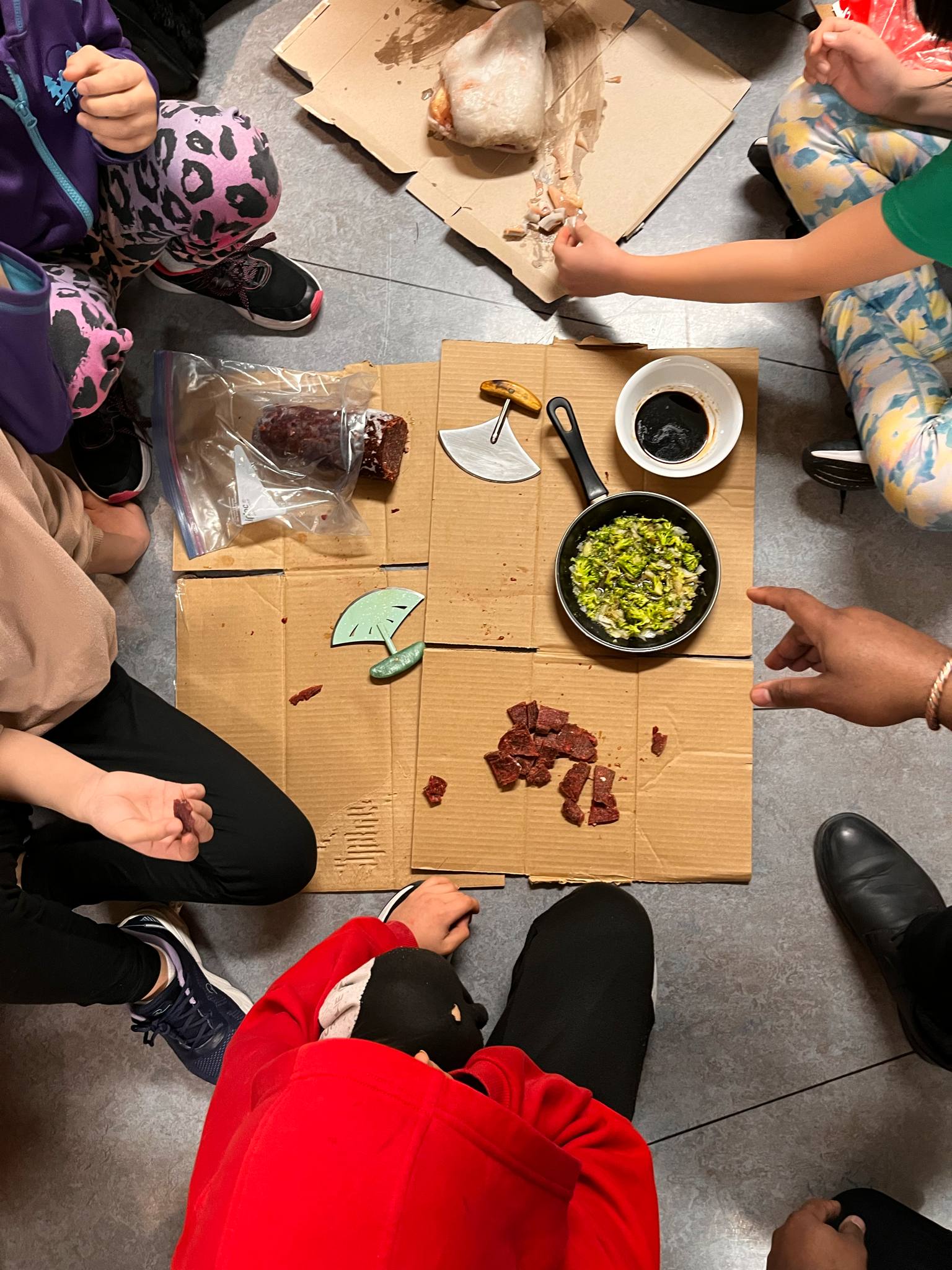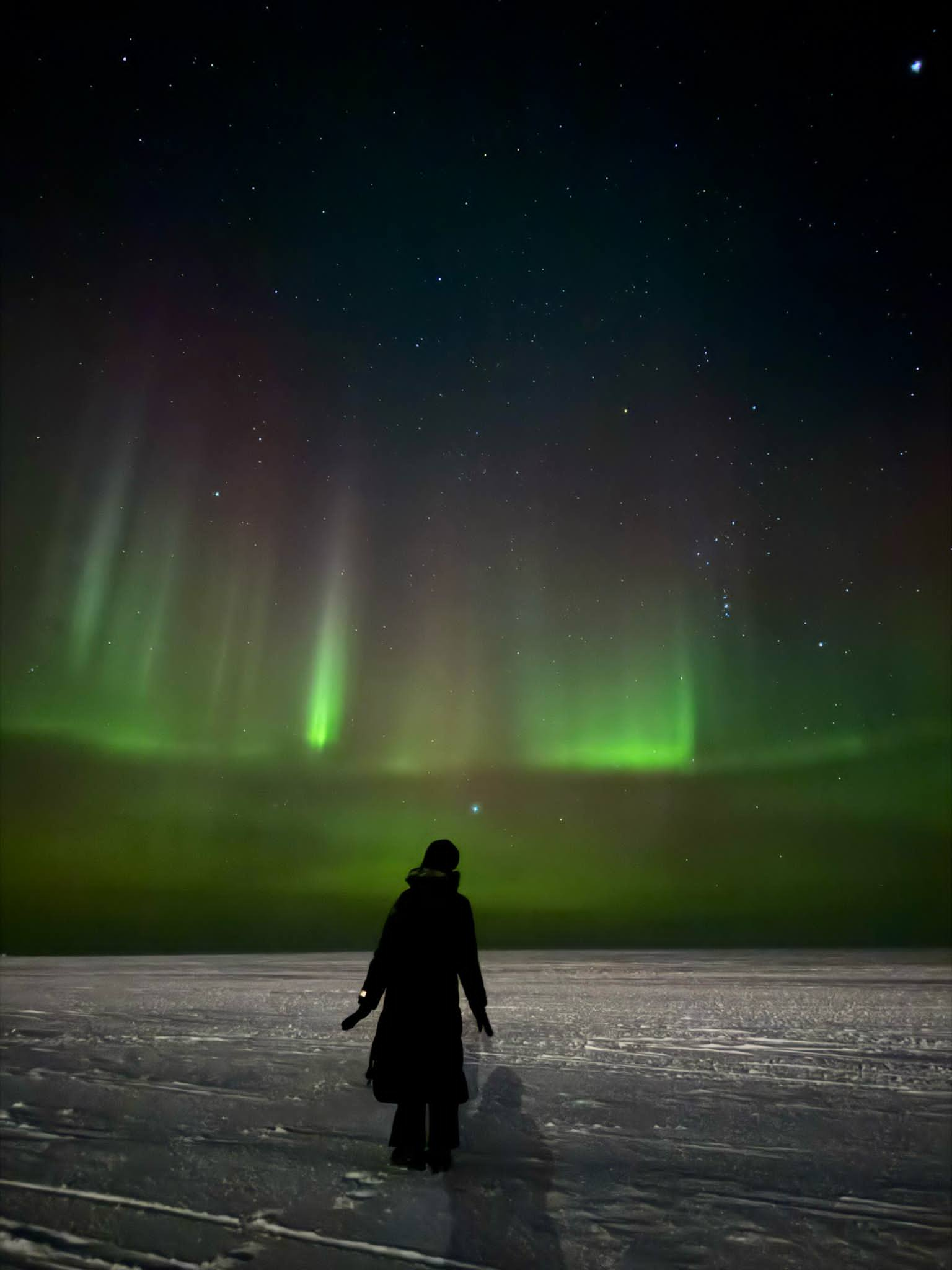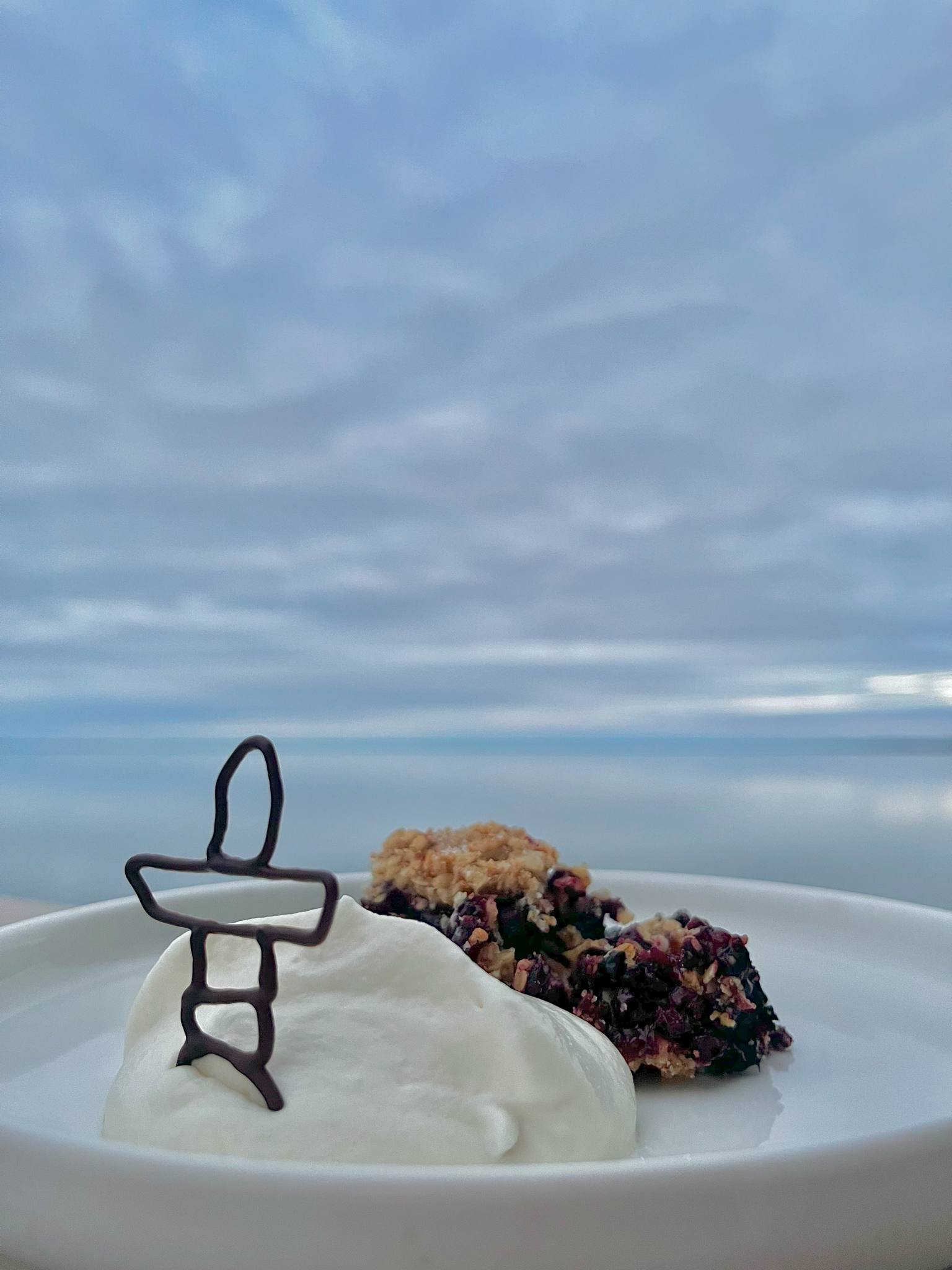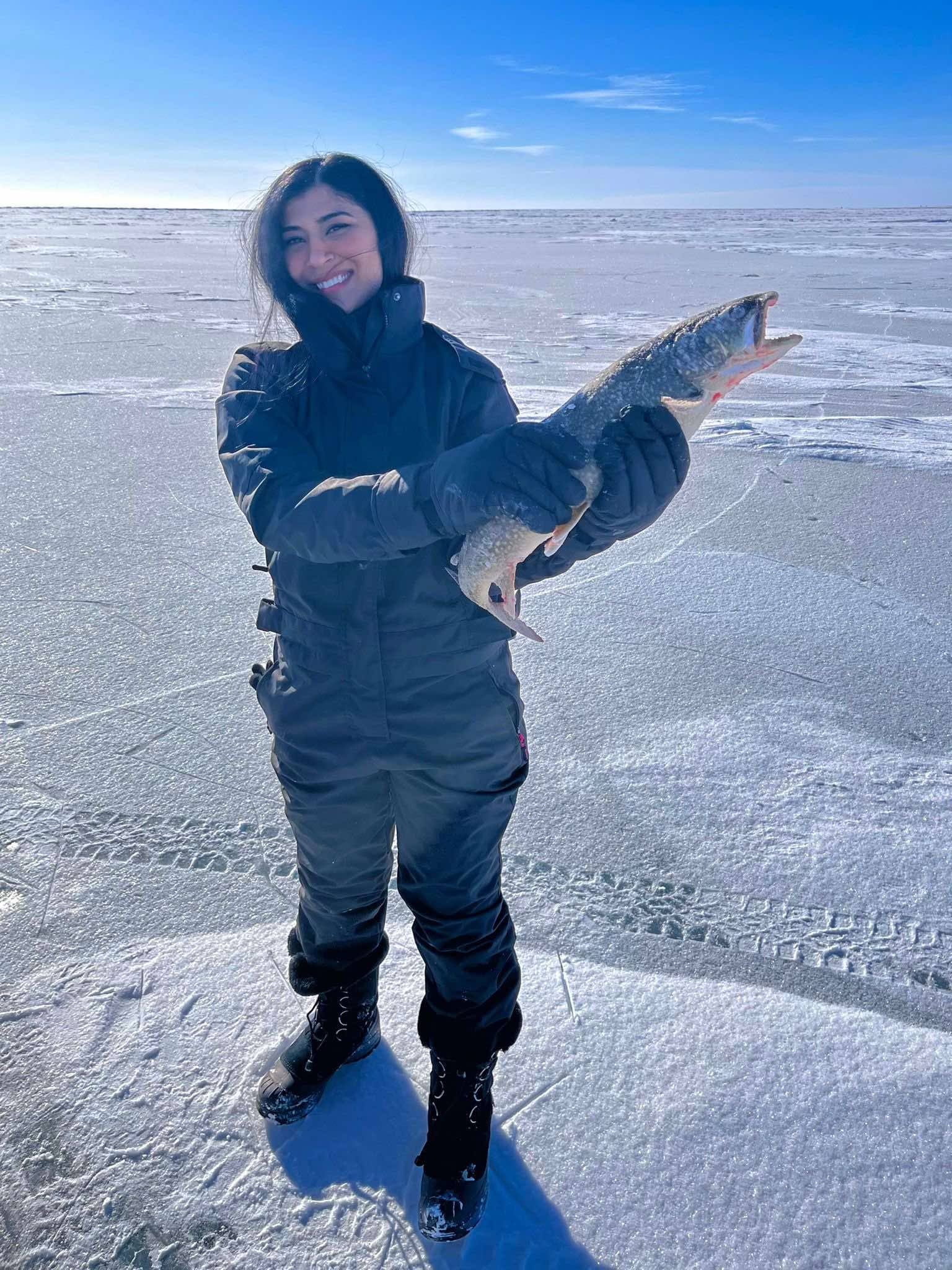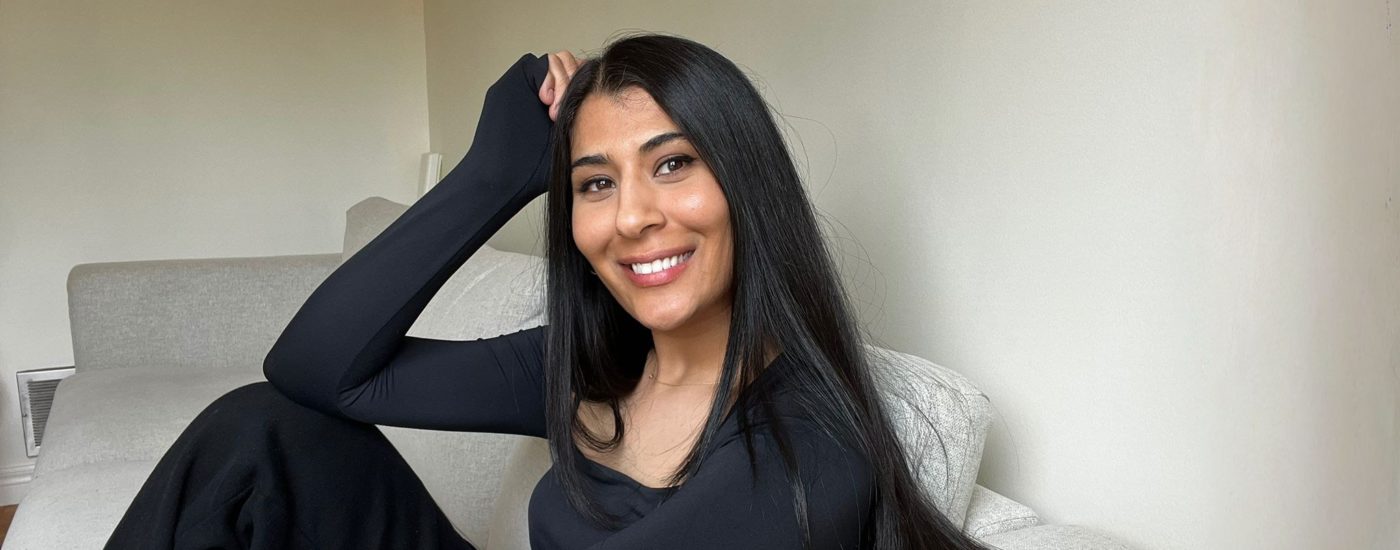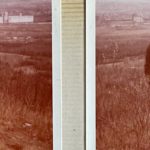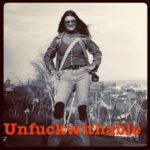Today we raise our fists high and put our hands together in celebration of our Feature Girl Warrior, HR and Marketing professional, Zahra de Grey, a second-generation Canadian who grew up in two beautiful cultures and embraced both. At home, a Pakistani girl surrounded by language, food, and tradition. And everywhere else, a Canadian kid navigating the unfamiliar spaces her parents never did. This duality gave Zahra a sense of curiosity, adaptability, and deep appreciation for human connection. After completing her studies in Advertising and Marketing Communications Management at Mohawk College, and later in Human Resources Management at Algonquin College, Zahra headed west to Victoria, BC where she began her career in tourism marketing and office/HR management. Her career took an unexpected but happy shift to Nunavut where she became an educator, with students ranging from kindergarten to grade 12. Like a lot of big life-changing moves Zahra’s time in the North changed her deeply. It slowed her down, grounded her, and gave her a new way of seeing what matters. She is now back in Ontario, embracing the lessons and resilience she learned over the years. She now has a new appreciation for simplicity, a passion for building people-first workplaces, and a love of cooking that bloomed in the North and continues to bring her joy. Zahra confides that, “after everything I’ve experienced, I carry an optimistic and open-hearted outlook on what’s ahead and I’m excited to see where this next chapter leads!” And to that we say, a joyful YES!
How would you define a Girl Warrior?
I would define a Girl Warrior as someone who leads with heart, moves with intention, and reminds us that strength can be gentle. Her compassion and empathy are her superpowers. I’ve come to find great strength in those who can truly listen, offer a gentle touch, and remind others that moments of weakness can become moments of triumph if we’re brave enough to sit with that vulnerability.
Who was your greatest inspiration growing up?
Without a doubt, my greatest inspiration in life will forever be my grandmother. I called her “Ami” growing up. It means “mother” in Urdu, and though she was our grandmother, she was truly a mother figure to everyone in our family.
Her name was Fahmida Bano Hussein. She was fiercely proud, independent, and mentally and emotionally strong. A trailblazer. A woman, who in 1940s British India and Pakistan, lived entirely against the grain of gender norms of the time. She married late and for love. She was educated and worked in her field of study. She owned her own home. She didn’t conform to the expectations of soft, silent femininity in a conservative environment. She was a woman of esteem, principles, and power.
Ami and I were complete opposites. She was observant where I was bubbly. Principled where I was easygoing. And yet, we were inseparable. Nothing about us was supposed to work, but she took me under her wing, and together, we had the best times of our lives.
She talked to me endlessly about her life: how important Islam was to her, what she and her all-female colleagues overcame at the girls’ school where she taught, and how she navigated impossibly hard circumstances with grit and grace. I am so glad to have heard the story of her life over, and over again.
What made her so special was her ability to turn any negative moment into a meaningful life lesson. If someone didn’t invite me to a party, we made our own fun. “That person wasn’t meant for you!” she’d say. If I failed a test, she reminded me school was about learning, not perfection… and would secretly sign the letters my teachers sent home with me… sorry mom and dad. If I was feeling particularly low, she’d hand me a popsicle, sit in the sun beside me, and say nothing at all. Somehow, that silence healed more than words ever could.
She always found a way back to the light. And what’s funny is that she wasn’t outwardly warm. She wasn’t soft in the way we’re taught women should be. But she carried immense empathy. She moved with quiet compassion. She tapped into her divine feminine with strength, not fragility. She was a silent warrior. And everything I am today, is because I carry pieces of her with me.
What’s your fondest memory of your time with your grandmother?
Most of my fondest memories of Ami are in the kitchen or somehow involve food. I have to share two precious memories:
Her nickname for me was Rozy, which she derived from the Arabic word rizq, meaning “blessing from God.” She sweetened this word making me Rozy – her blessing. We used to watch a cooking show together, and the chef often used rosemary to cook various Italian dishes. Since English was her second language, she always misheard it. To her, it sounded like “Rose” (as in Rozy) and “Mary” (which sounds like “meri” in Urdu, meaning “mine”). Every time the chef said “rosemary”, she would look at me and say “tu Roz MERI”, as in “you’re my rose”. This always puts a smile on my face.
Another memory that stands out to me is from a hot summer day when I was around 11 years old. School was out, I was bored and in a bad mood. Ami was bored and itching to do anything at all. She found me sulking in my room and told me to come with her. I assumed I was being recruited as the designated helper. Ugh, another chore. She grabbed a blanket, a silver mixing bowl full of cardamom seeds, 2 glass mason jars, and told me to fetch 2 popsicles and meet her in the backyard. When I finally met her outside, she was sitting on the blanket under one of the trees in our backyard and had begun peeling the cardamom seeds. As a kid, approaching that scene meant hours of boring repetition. I ate my popsicle, then hers. She didn’t say a word. Eventually, I started feeling calm. She was humming quietly, looked totally content, and was having herself a nice ol’ time peeling these cardamom seeds. I started to feel like I wanted to help, not that I had to. We sat in silence for hours, besides the occasional giggle when I fumbled a seed, saw a bug, and even tasted a seed… raw and uncooked, it was awful!
In that moment, she took a bored and bratty kid, gave her a boring chore to help with, and made it a memory that has lasted a lifetime. I remember the way the sun felt on my skin that day. I remember the intense feeling in my mouth tasting that cardamom seed. I remember the sound of a normally very poised and stern woman giggling with me. I remember the beautiful sound of her humming, the birds singing, and the wind blowing. I remember the look of happiness she had on her face just sitting there being with me, enjoying the day. She didn’t have to ever do or say anything. She just was.
She turned nothing into something that day.
Your grandmother taught you so much while in the kitchen, not just about food but about life. How did her wisdom and the insights she shared inform the decisions you made in life?
I think the biggest difference between us was in how we approached fear. I’m sure she felt fear at many points in her life. She lived through the partition of India and Pakistan, faced constant judgment for living differently, immigrated to a new country, and started fresh at the end of her career… But she never let fear drive her decisions. She carried herself with such quiet courage that you could never really guess what she might have been struggling with internally.
It took me longer to step into that same kind of fearlessness. But I started to feel it grow in me as I entered adulthood. I thought of her when I packed up my life and moved across the country for love. I thought of her when I started over in a new place and stepped into a career similar to hers. I think she would be overjoyed to know that I contributed to someone’s education in the way I did. There is a fear of the unknown, then the calm that comes when you find out (in my case) how wonderful things can turn out. The intertwining of my life with my grandmother’s is something I had no idea would ever happen, but I find a deep comfort in how things have played out. Now, I feel excited about diving into what I don’t know.
What’s her legacy?
Her legacy is in her resilience. Evidently, there was nothing she couldn’t do and nothing she feared enough to back down from. She was a simply beautiful soul – genuine and kind, yet confrontational and principled.
Her strength wasn’t performative. It was lived. It was in the decisions she made, the boundaries she held, the routines she kept, and the way she poured meaning into everyday life. That is her legacy: to be brave without needing applause.
How did a self-proclaimed “girly girl, city girl” end up living in the remote northern frontier of Nunavut? Why there?
My husband is an RCMP member and occasionally gets offered new work opportunities. In the fall of 2020, one came up for a one-month posting in Nunavut. I encouraged him to go for it. It’s not a place most people talk about visiting, and I thought, why not? It sounds like a great way to explore another part of Canada, and I really didn’t think it would go anywhere past that one month. In February 2021 he was sent to a town called Baker Lake where he worked until mid-March. When he returned to Victoria, he was telling me about his trip; about the community, the intensity of the weather, the raw beauty of the land… I was fascinated… but from a distance. At the time, I owned more dresses than snow boots. Living in coastal Victoria, the north wasn’t on my radar at all. However, the topic made its way into conversation that whole spring and by fall we were doing the paperwork to uproot our lives and live in Nunavut.
I think we underestimate how transformative it is to do the thing that doesn’t make sense on paper. Moving to Nunavut stripped everything back: no shopping malls, no weekend getaways, no noise. Just space to be present, to connect, and to learn from a culture rooted in resilience and community.
It remains the best decision I have ever made.
It must have been quite the culture shock. How did you adjust and adapt to a completely different culture and way of life? How did it change you?
It absolutely was a culture shock, and not just culturally, but logistically, emotionally, and even spiritually. I went from walking distance to grocery stores, farmers markets, cafés, and the workout studios I used to frequent to a place where everything arrives by plane, the winters are long, and isolation is very real.
At first, I struggled. The prices, the weather, and the lack of access to things I’d always taken for granted was overwhelming. But then I started observing the people around me. Their calmness. Their preparedness. Their patience. Life in Nunavut moves at a different rhythm, and people live it with an unshakable sense of purpose. I slowly let that rhythm teach me how to move differently too.
I learned how to slow down. How to listen more than I speak. How to accept help, and how to offer it without being asked. I learned to live with less and feel more fulfilled. I saw what true community care looks like and how powerful it is when people look out for each other because they know survival and connection go hand in hand.
Nunavut changed me in ways that I’m still unpacking now that I’m back home in the city. I used to think strength looked like independence and getting things done fast. But in the North, I learned that strength can also look like stillness, like patience, like showing up consistently, like being quiet. I carry those lessons with me everywhere now.
You’re an imaginative and talented cook! What were some of the challenges of preparing meals when the ingredients were expensive or unavailable? Tell us how you got innovative and what was the most creative dish you made?
Food prices in the North feel unfair. I understand the logistics behind pricing but seeing a single bok choy plant priced at over $20, a single handful of asparagus for $28, and chicken breasts that cost more than some people’s entire grocery budget was a gutting feeling. Beyond the price, there were many times when produce and meat was unavailable (either due to weather impacting shipping to the North or because the produce and/or meat in stock was no longer of quality to purchase.) In a sense, my creativity had no choice but to kick in.
I learned quickly how to stretch pantry staples: flour, potatoes, garlic, lentils, eggs, rice, and canned goods became my canvas. My spice rack became my best friend. I had watched thousands of cooking videos, taken endless notes, experimented, and challenged myself to re-create dishes using only what I had access to. It started with random experiments and transformed into weekly traditions where I would cook a 3-course meal for my husband and close friends I had made in town.
One of my biggest wins was the anniversary dinner I made using a few basic ingredients in 2024:
- Course 1: egg yolk, spinach with mushroom and parmesan stuffed ravioli + spinach sauce and oil
- Course 2: Tomahawk steak was special in town, so I picked one up and butter basted that 2 ways with mashed potatoes: 1 with pan sauce, asparagus and 1 with a chimichurri and basil oil
- Course 3: deconstructed cheesecake pudding with toasted pistachio crumble, fresh strawberries, and basil oil
The only thing I purchased to make this meal was the special steak and fresh strawberries. Everything else was something I pulled from my freezer (something I started doing a lot to help preserve food) or was a dried good/pantry item with a naturally long shelf life. Learning how to make a meal like this was something I never knew I could do. But I did it!
The real magic to me was turning my hobby into a teaching moment for my wonderful students. I taught a STEAM and library class at the elementary school in town, and I brought the idea into the classroom by taking both of my grade 5 students on a field trip to our local grocery store where we learned how to read nutrition labels, compare prices, and make “DIY” versions of their favorite meals. We purchased enough items to ensure every single grade was able to participate in this activity. After discussing food and nutrition at length, the unit ended with a “balanced eating” party. Each grade made homemade pizzas or pasta, salad, and snacks with groceries they purchased and prepared themselves. It was a full-circle moment: food as survival, education, and joy.
What was the most profound, and perhaps unexpected, thing you learned about yourself from your experience in Baker Lake? Would you do it again?
I had a great deal of emotions that I had no choice but to confront in the quiet of the North. I went through some of the most difficult experiences of my life there. And yet, somehow, in that solitude and discomfort, I found my way back to myself. I learned that resilience isn’t always loud or polished. Sometimes it’s just choosing to show up every day, even when your heart is heavy. Sometimes it’s finding a glimmer of joy when everything feels uncertain.
With all the heaviness, I would still do it again in a heartbeat. I still think about Nunavut every single day. The summer is a great time – it’s quiet, everyone is enjoying being out on the land hunting meat for their families, berry picking, taking a dip in the lake. The start of school at the end of summer is such a happy time – the kids are excited to see their friends and teachers, the parents glad to drop them off for the day. And then the start of winter that approaches very quickly – my favorite time of year. The sub-zero winds, the early nights. The quiet of the wind and ravens singing above my house. I would go back in a heartbeat to feel and see that amazingly simple beauty of life and nature.
What do you want us to know for sure about the people of Baker Lake, in particular the women and girls?
Baker Lake is a place of true artistry. From the creation of beautiful soapstone sculptures and hunting tools made of animal bones, to the wonderfully intricate designs of handsewn parkas, kamiks (boots), gloves, and other outerwear; art and function are hand in hand. The women and girls are at the heart of this creative power. They carry stories, skill, and pride in everything they make. These aren’t just garments, they’re acts of love, survival, culture, and legacy. Each stitch carries intention.
What would you say to your younger Girl Warrior?
I would tell her what my grandmother showed me: that in heavy moments, while it’s okay to sit in the pain and uncertainty of things, it’s also okay to reach for joy. Not in a way that erases what hurts, but in a way that reminds you that both can exist at once.
There will be days when everything feels overwhelming. On those days, look for the small, steady things: a warm meal, the sun on your face, a shared laugh, or a quiet moment where you feel safe. These aren’t distractions. They’re anchors. You don’t have to rush through your feelings or pretend to be okay. Just don’t forget to notice the beauty that still exists around you.
What would you say to future Girl Warriors looking for inspiration?
In addition to what I would tell my younger self; I would remind future warriors that you don’t have to have everything figured out. No one ever does. You start where you are with what you have, and then you spend the rest of your life growing into the most beautiful version of you. With all the uncertainty, the blues, the happy days, the blah moments… it’s all part of what makes you the beautifully complicated perfect version of you.
Blue Sky it. No boundaries here, just limitless opportunities. Where do you see yourself in 5 years?
At this moment, this question feels almost impossible to answer. If you asked me this 5 years ago, teaching in Nunavut and leaning into a hobby in cooking would absolutely not be what I would say. In a way, this question is kind of like looking into a mirror of exactly what this article and my experience in the North has been… I’m uncertain. I have no idea where my future will take me, but I hope it will involve me saying “YES!” to the unknown, yet again.
Describe yourself in five words.
Curious. Adaptable. Compassionate. Intuitive. Playful.
If a movie were produced about your life, what would it be called and who would play you?
I would call my movie “Rozy, actually” and show others how serious, funny, and warm my life has been. As for who would play me… can we get the attention of Mahira Khan?! My favorite Pakistani actress!
To see all of Zahra’s fabulous food creations follow her on Instagram at: mmm_whatscooking
And TikTok at: mmm_whatscooking
And check out this article in Nunatsiaq News
